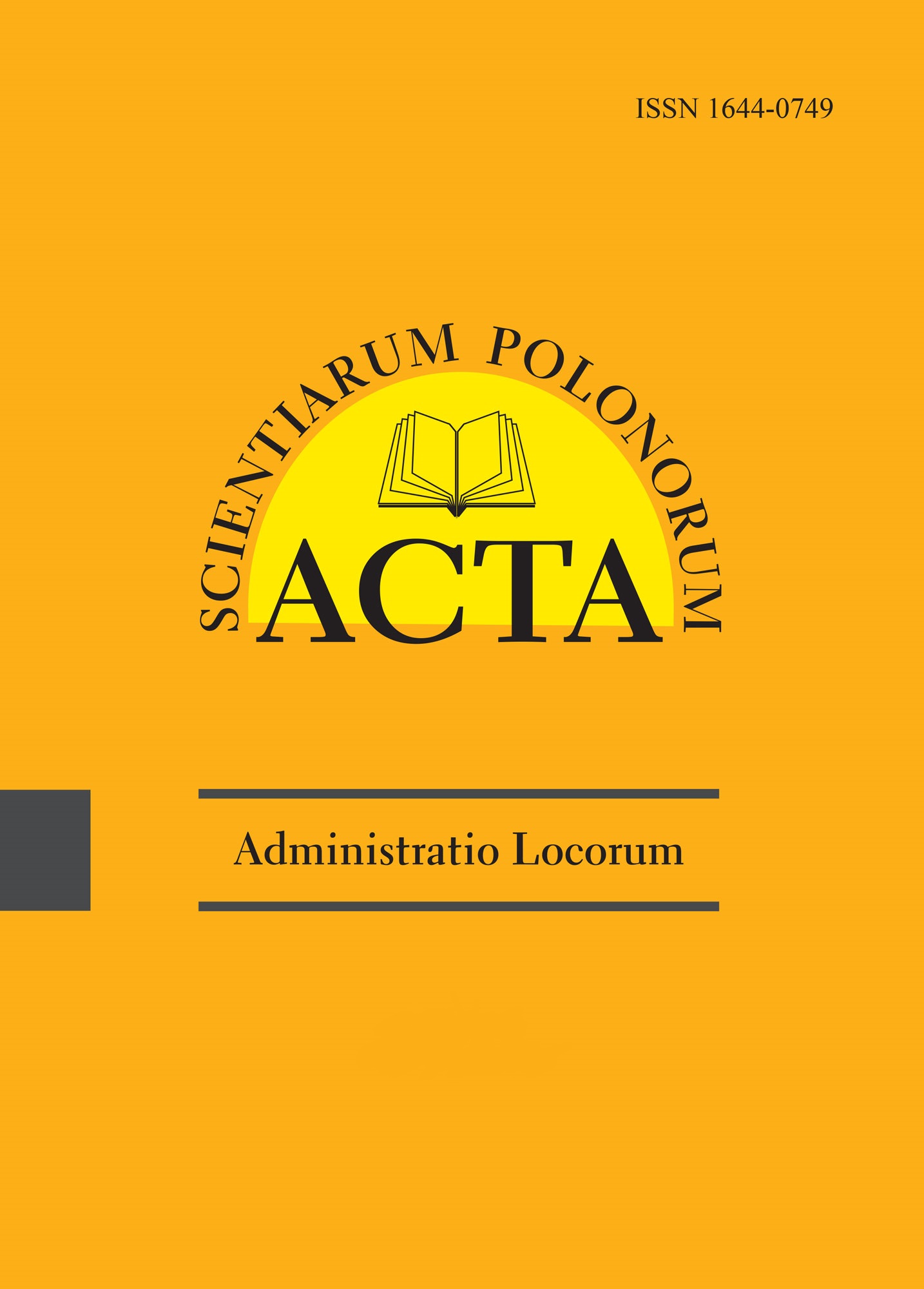PATHWAYS FOR IMPROVING WATER MANAGEMENT IN WESTERN
ALGERIA: A MULTI-STAKEHOLDER ANALYSIS
PATHWAYS FOR IMPROVING WATER MANAGEMENT IN WESTERN
ALGERIA: A MULTI-STAKEHOLDER ANALYSIS
Author(s): Khaled Houar, Mondher Fetoui, Sid Ahmed BellalSubject(s): Energy and Environmental Studies, Environmental and Energy policy
Published by: Wydawnictwo Uniwersytetu Warmińsko-Mazurskiego w Olsztynie
Keywords: MACTOR method; stakeholder analysis; water management; western Algeria;
Summary/Abstract: The aim of this study is to assess the relationships between the main stakeholders involved in watermanagement in Sidi Bel Abbes city (western Algeria) to establish pathways for good governance, fairallocation and sustainability of water resources. A multi-stakeholder analysis was performed using theMACTOR method (method of actors and power relations) to analyze stakeholder strategies, alliances,and potential conflicts regarding water management. Data for the study were collected mainly duringmulti-stakeholder workshops with 6 main stakeholders who are directly involved in managingpotable water. A field survey of 329 local households was conducted with the use of supplementaryquestionnaires. This study proposes that the power dynamics among actors should be consideredduring the decision-making process to improve collaborative interactions and the effectiveness ofstakeholders engaged in water management. The research findings show that the stakeholder’s roles andstrategies should be coordinated and strengthened to ensure equitable allocation of water. Technicalpublic agencies deploy management strategies that do not consider water quality as a priority, and theyare more concerned with other strategic objectives. Additionally, the stakeholders disagree on manyissues relating to water management due to overlapping and conflicting powers, which threatens thequality and availability of water resources. The study also demonstrated that the National SanitationOffice could play an important role as a relay stakeholder and that the Hydrographic Basins Agencyshould strengthen alliances and commitments with all stakeholders. Enhancing the participationof these stakeholders in water management procedures and empowering domestic water end users,particularly in densely populated residential areas, could help bridge divides and foster a unifiedapproach to achieving sustainable water management objectives.
Journal: Acta Scientiarum Polonorum Administratio Locorum
- Issue Year: 23/2024
- Issue No: 1
- Page Range: 57-70
- Page Count: 14
- Language: English

